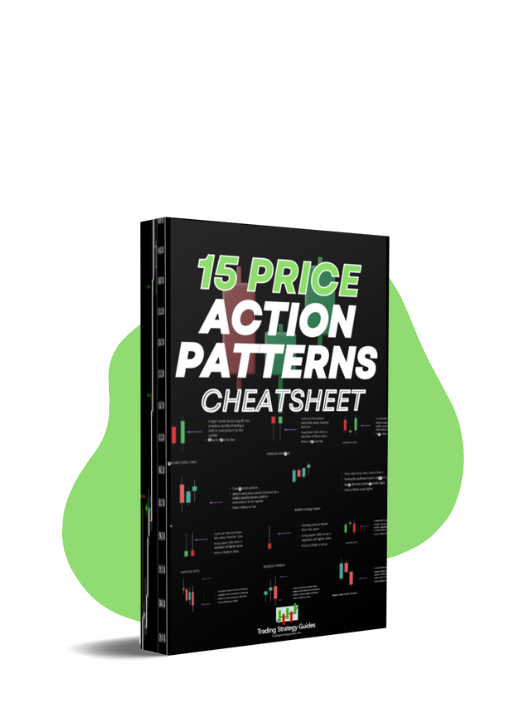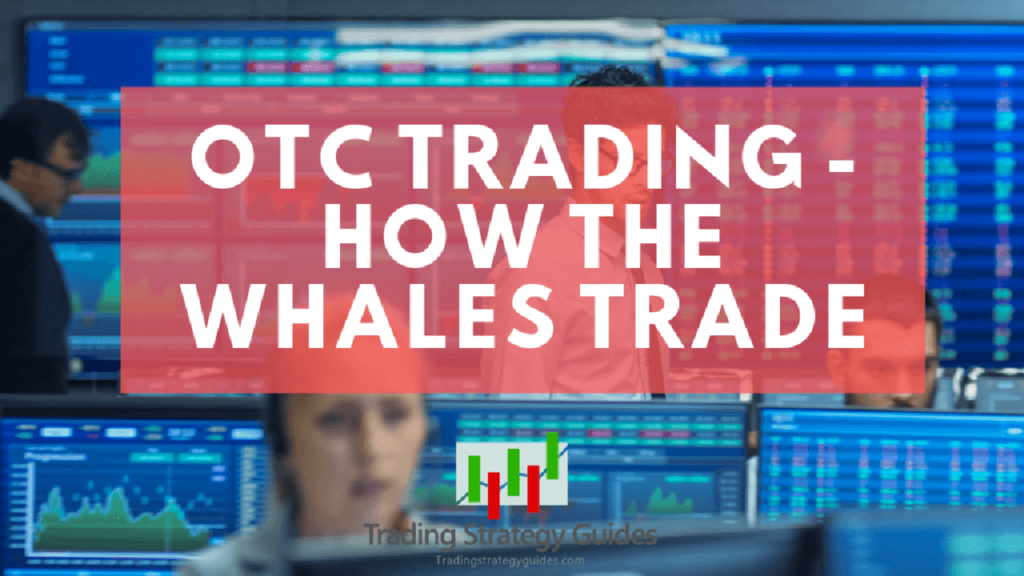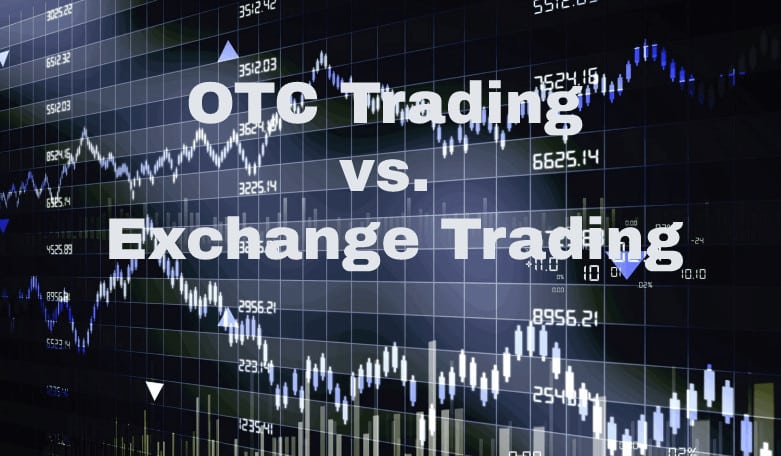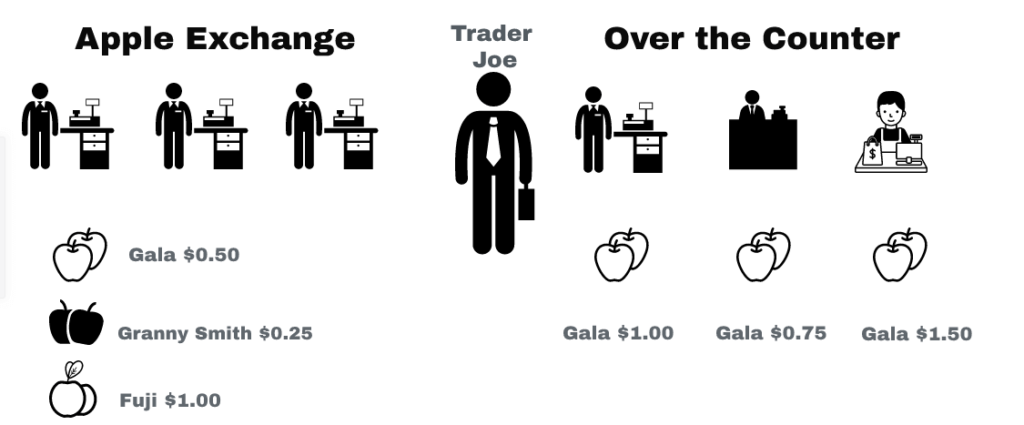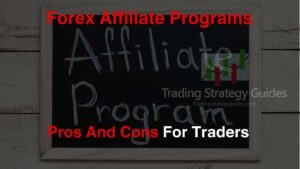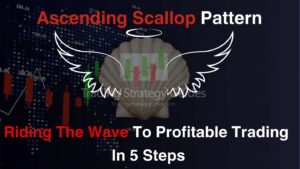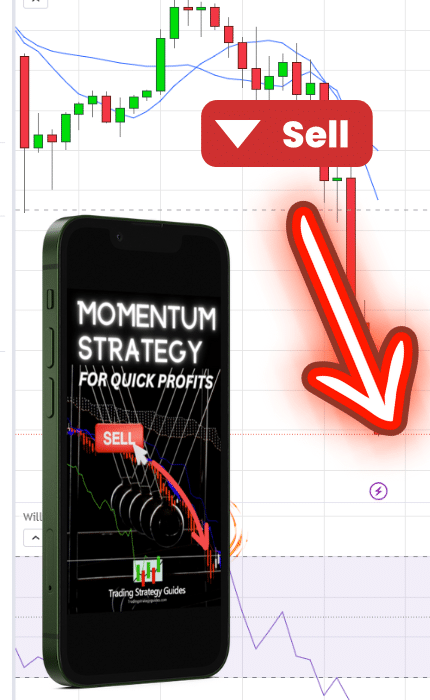Over the Counter Trading – How the Whales Trade
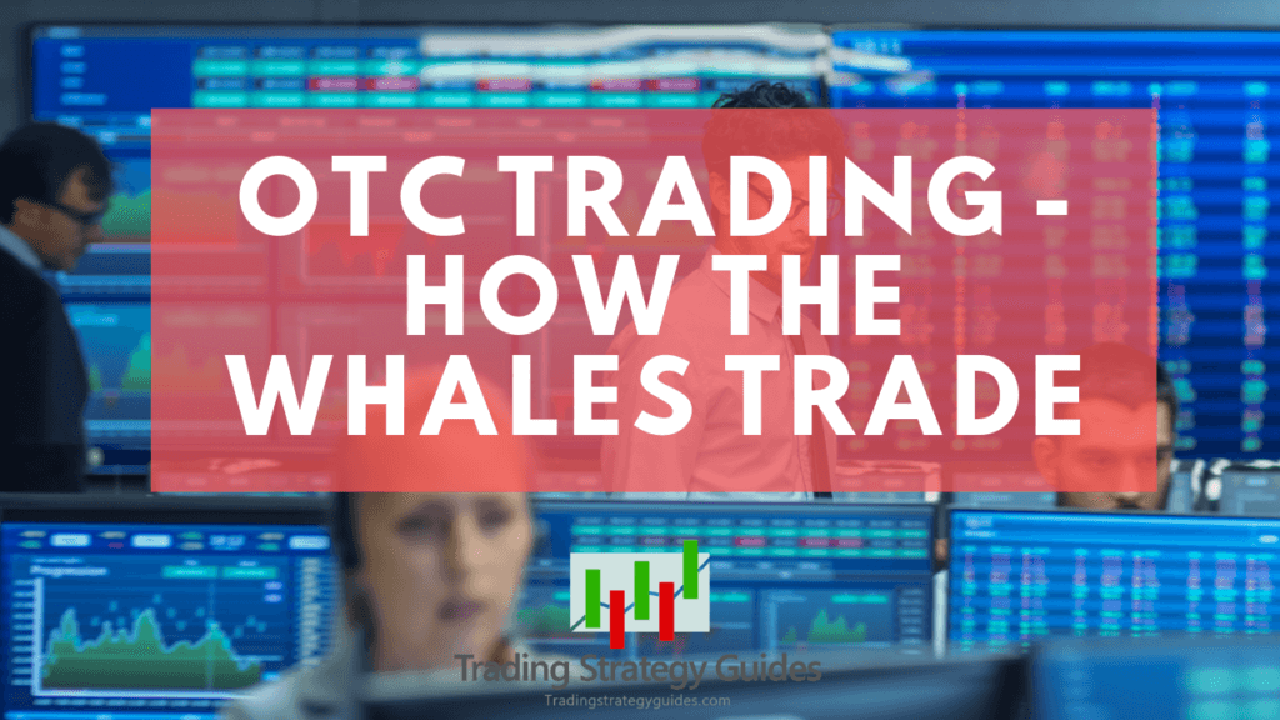
Over-the-counter trading often takes the blame for the 2007 financial meltdown and the increasing systemic risk. Because of this, we’re going to give you a step-by-step process to follow before you start engaging in the over-the-counter market.
If this is your first time on our website, our team at Trading Strategy Guides welcomes you. Make sure you hit the subscribe button, so you get your Free Trading Strategy every week directly into your email.
The OTC over-the-counter market is where the credit default swaps are traded, which is assumed to have been the catalysts for the 2007 stock market crash. We believe it’s important to learn how OTC derivatives are used by smart money.
According to BIS the OTC derivatives market size at the end of 2018 was $544 trillion. This is a huge market, which is the reason why smart money and big players choose OTC over-the-counter instruments. Over-the-counter trading allows hedge fund managers to carry out direct trades with each other without leaving footprints in the market.
If you’re a big player and you want to hide your trading activities from the general public, you can do so by trading anonymously on the over-the-counter market. This comes with a lot of advantages. Let’s look at the over-the-counter meaning and compare it to a regular exchange.
See below:
Over-the-Counter Market
The OTC over-the-counter, or off-exchange, is a market where financial instruments (stocks, commodities, currencies, or cryptocurrencies) are traded directly between two counter-parties. Unlike stock exchange trading where securities are traded on physical public exchanges, OTC trading has no physical location.
The over-the-counter market is a decentralized market and in contrast to trading on NYSE or CME, over-the-counter trading is structured in groups of dealers that act as market makers for their own customers.
Over-the-counter stocks are not listed. They don’t require any exchange membership and they don’t need to meet the exchange standards. Usually, companies that are too new or too small to be listed on a major stock exchange are listed in the over-the-counter market. The OTC stocks are also known as pink sheets because back in the day these stock quotes used to be published on pink paper.
Nowadays OTC trading is mostly done electronically.
The biggest OTC market in the world is the Forex market. The average daily foreign exchange trading volume is $5.1 trillion, which makes it by far the largest market in the world.
Difference between OTC Trading and Exchange Trading
Traders have always been curious about what’s the difference between the over-the-counter market and the regular exchange. We’re going to look through an example to better understand the difference between the OTC market and exchange trading.
For this purpose, we’re going to use an apple instead of stocks.
How you can buy an apple on the OTC market and how you can buy apples on an exchange?
For example, if you want to buy apples, you have two options. You can either opt to go directly through the Apple exchange or you can go to the over-the-counter market to buy apples.
In the apple exchange, you have a bunch of apple traders that will sell you certain types of apples depending on what the exchange allows them to sell. On this particular exchange, the market makers sell three types of apples: Gala apples, Granny Smith apples, and Fuji apples.
When you go to the exchange you have the option to buy three types of apples. The good thing about going to the exchange is that first, you know the provenance of the apples and the people who sell them. This gives you some kind of security.
When you go to an exchange you also know that you’re going to get a fair price. On an exchange, all of the apple sellers will publish their prices.
For example, Gala apples are priced at $0.50, Granny Smith apples are priced at $0.25, and Fuji apples are priced at $1.00. So, when you go to any of these apple traders you can see how much the apples are going to cost.
Depending on the supply and the demand those prices will fall or rise.
The alternative is to go to the over-the-counter market where apples are sold off-exchange. In the OTC market, you can have various apple sellers, but the difference is that these sellers are not all located in the same place. They can be located all over the city or across the country.
Because they are not all located in the same place, it’s very difficult for the buyer to find out the fair price for a pound of Gala apples.
In the OTC market, Trader1 might sell Gala apples for $1.00, Trader 2 might sell the same Gala apple for $0.75 and finally, Trader 3 might sell Gala apples for $1.50.
Unless you walk around the city and find all of these apple sellers and compare prices, you’re not going to know whether or not you’re getting a fair price. On the other hand, on-exchange trading gives you more security that you’re not being ripped off, because everyone is posting their prices.
The second issue with the over-the-counter market is that the market makers don’t just sell apples, they can sell anything. They can sell pears, strawberry, cherry and a bunch of other fruits.
If we’re talking about the security market, we’re talking about selling futures, options, penny stocks or credit default swaps. This can be an issue because you don’t know who else this trader is dealing with and how they’ve leveraged themselves in other securities’ positions. If there is a problem, you don’t have a guarantee that the seller will be around at delivery. The dealer may collapse the same way as Lehman Brothers did.
The uncertainty with the over-the-counter market leaves you exposed to a certain amount of risks that are eliminated if you go through an exchange.
Next, we’re going to show you the safe way to trade on the OTC market.
See below the over-the-counter market examples:
Over-the-Counter Trading
To exemplify how over-the-counter trading works we’re going to look at how smart investors buy Bitcoin off-exchange. Due to the high volume purchases, the whales need an alternative way to buy Bitcoin, different than the standard method that requires a crypto exchange.
Buying large amounts of bitcoins can disrupt the market price if the order is placed through an exchange. The benefit of bitcoin over-the-counter trading is not just that it gets rid of this issue, but the whales can also hide their steps from the general public when going through the over-the-counter market.
So, how bitcoin over-the-counter trading works?
You simply have to follow a four-step guide.
See below:
Step #1: Signup with an OTC dealer.
The first step is to find a reliable OTC desk that can satisfy all your needs. If you have large amounts of cryptocurrencies to buy or sell, you’ll also have to complete a Know Your Customer process.
Usually, the onboarding documentation requires providing various types of legal papers to prove your identity and the source of income. Depending on the OTC dealer desk you’re operating with this process can take up to several days.
Step #2: Communicate your Order.
Once you successfully manage to go through the KYC process and your identity is verified you can directly communicate with the over-the-counter dealer. Usually, you have the option to send your order either electronically via text message or through an electronic platform or via voice call.
No matter what your preferred method of communication may be, there will always be a dealer at the other end ready to help you.
Step #3: Confirm the Trade.
Usually, the communication between the large investor and the dealer goes something like this:
Investor:” I would like to buy 1,000 bitcoins”
Dealer:” I can sell you 1,000 bitcoins at a price of $8,500 per Bitcoin”
As an investor, you have the option to accept or reject the price offered. If the price is fair and you agree to move forward with the transaction, the order is then confirmed.
After confirming the trade, your next move is to wait for confirmation from the dealer’s part.
Step #4: Complete Transaction.
The transaction is completed once you wire the money for your purchase, and once the dealer sends you the bitcoins to your personal wallet address. Once you have confirmed that you’ve received your bitcoin in your personal wallet, the trade is completed.
You may also be interested in this Bitcoin Day Trading Strategy.
Conclusion – OTC Over-the-Counter
OTC over-the-counter trading allows you to stay under the radar if you want trade bigger size. Alternatively, the over-the-counter market also can give you access to stocks that are not listed on the regular stock exchanges.
There is a lot of flexibility that comes with OTC derivatives like having the option to choose what instrument, how much, for what price and under what conditions you would like to make your purchase. Everything is based on mutual consent.
You may also like this guide on penny stock trading. To learn more about trading and various trading strategies be sure to follow our blog!
Thank you for reading!
by Casey Stubbs
Feel free to leave any comments below, we do read them all and will respond.
Also, please give this strategy a 5 star if you enjoyed it!
[ratings]
Please Share this Trading Strategy Below and keep it for your own personal use! Thanks, Traders!

